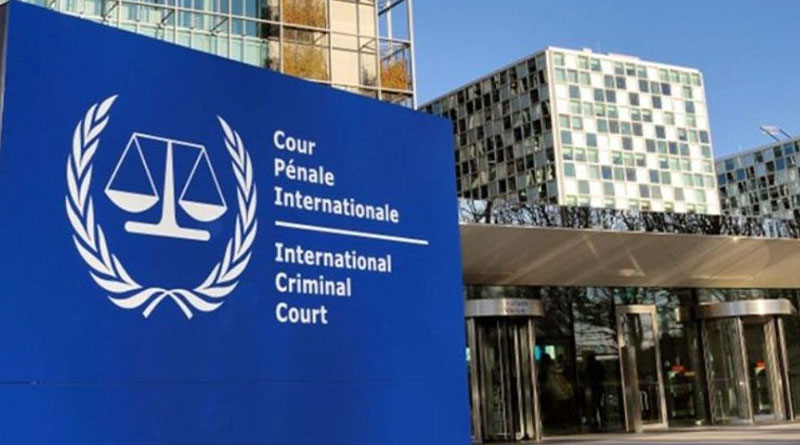* Violence has killed 1,200 since January
* Tribal rifts could mar April 2010 elections
By Frank Nyakairu
NAIROBI, Sept 2 (Reuters) – Tribal violence in southern Sudan has killed at least 1,200 people this year and could mar the country’s first multi-party elections in two decades if it is not stopped, the U.N.’s peacekeeping coordinator said.
Tribal clashes in south Sudan’s states of Jonglei, Upper Nile and Lakes have also displaced 250,000 people since January, the U.N. says. Annual death tolls from such incidents in recent years have been about 20 people.
Speaking to Reuters in a telephone interview from Juba, David Gressly, the United Nations Mission in Sudan’s (UNMIS) regional coordinator for south, warned that the violence could mar the elections due next April.
“At least 1,200 people have been killed since January and it’s probably higher than that,” Gressly said. “What is different this year is the number of deaths and in many cases women and children have been targeted.”
“It is a concern of the United Nations and other organisations working here, that if this violence persists, it will be difficult to move election materials in some of the areas affected by the violence,” he said.
The vote set for April 2010 is crucial to the success of a peace deal which ended a civil war between north and south Sudan, and to the chances of Africa’s largest country achieving long-term stability.
Voters will choose Sudan’s president, members of parliament, state governors and members of state assemblies. In the south, citizens will also select Southern Sudan’s president and members of its legislative assembly. [ID:nHEA543693]
CATTLE RUSTLING
The Dinka and Lou Nuer tribes are major southern pastoralist groups with a long history of cattle raiding. The Lou Nuer have also clashed with the smaller Murle ethnic group, with hundreds killed in raids on villages.
Southern officials have blamed at least some of the worsening fighting on agitators from Khartoum’s ruling party. The officials say Khartoum is arming civilians in the south to increase north-south tension ahead of the 2010 elections.
Khartoum denies stirring up ethnic trouble in the south.
While cattle rustling is an annual dry season occurrence, the number of killings this year and the targeting of women and children mark a significant escalation since a 22-year-long north-south war ended with a 2005 peace deal.
The violence has mostly affected Jonglei State, which is the size of Bangladesh but has hardly any infrastructure and is often cut off by flooding. In August alone more than 200 people have been killed in Jonglei State, where French oil giant Total (TOTF.PA: Quote, Profile, Research, Stock Buzz) holds a massive, mainly unexplored concession.
“Why this is happening is still a little unclear but it does seem that those seeking retribution are provoking a response,” said Gressly.
He said the Southern government had done little to disarm militia groups since the war ended and the United Nations was in a race against time to strengthen the police and the army ahead of the elections.
“We are working closely with the governments to step up efforts to make sure the police is strengthened to deal with this violence and ensure that people are able to cast their votes in a few months time,” said Gressly. (Editing by David Clarke and Andrew Heavens)
حركة العدل و المساواة السودانية
موقع متخصص بنقل آخر الأخبار و البيانات و القرارات لحركة العدل و المساواة السودانية

